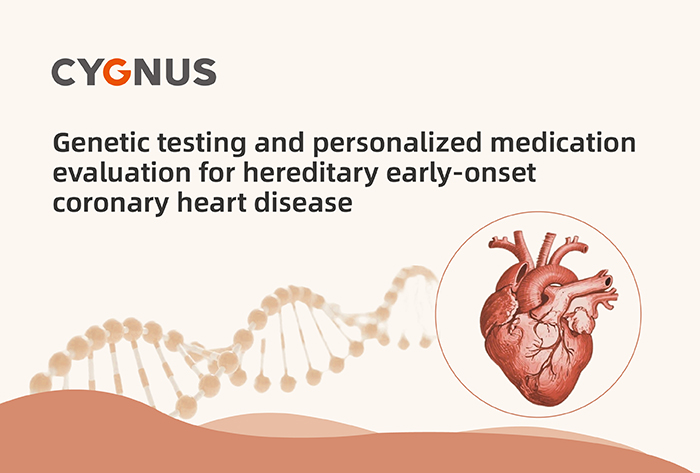
Genetic testing for hereditary early-onset coronary heart disease and individualized medication evaluation is a genetic testing product based on Cygnus sequencer's S100 gene sequencer. It mainly detects genes associated with the risk of early-onset coronary heart disease, including LDLR, LDLRAP1, PCSK9, ABCG5, ABCG8, and APOB. This product is helpful for the early detection and prevention of the disease. Additionally, it also analyzes statin-related genes to evaluate the risk of adverse reactions and the effectiveness of statin drugs
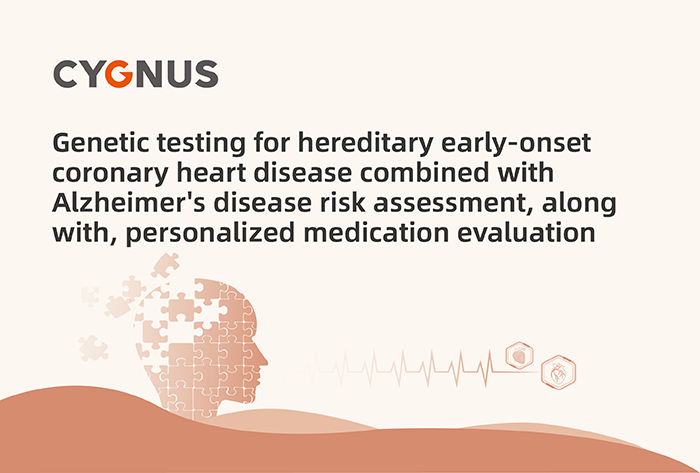
coronary heart disease risk, including LDLR, LDLRAP1, PCSK9, ABCG5, ABCG8, and APOB, helps enable early detection and prevention of the disease. Meanwhile, testing genes associated with statins allows for the assessment of the risk of adverse reactions and effectiveness of statin drugs. In addition, this product also includes genetic testing for Alzheimer's disease risk, which helps predict the risk of familial Alzheimer's disease (AD) and identify high-risk individuals, thereby facilitating early prevention and timely intervention
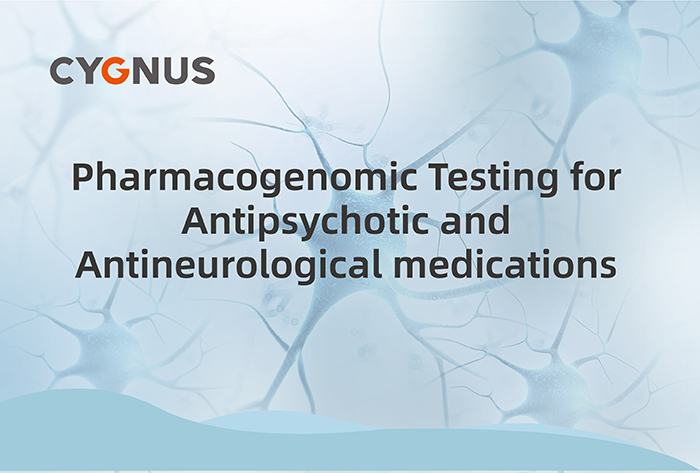
Pharmacogenomic Testing for Antipsychotic and Antineurological medications is a gene detection product based on the sequencer independently developed by CYGNUS. It analyzes 55 genes associated with 80 common drugs used to treat mental and neurological diseases. Based on the genetic test results, doctors can predict the drug efficacy and potential adverse reactions, enabling them to develop individualized and precise medication plans for each patient.
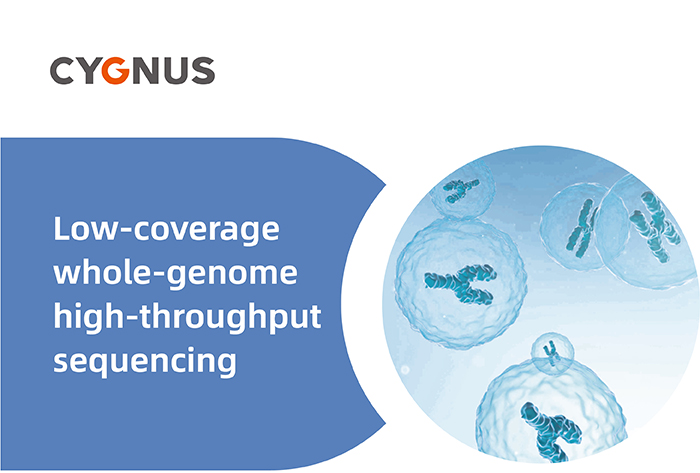
Through whole-genome chromosomal abnormality testing of miscarriage tissue, amniotic fluid, single cells, and tumor tissue, the risk of early miscarriage can be effectively reduced. Additionally, the clinical pregnancy rate and live birth rate of in vitro fertilization (IVF) treatment can be improved, the incidence of children born with chromosomal defects can be decreased, and the pathogenic causes and disease progression related to abnormal tumor fragments can be identified
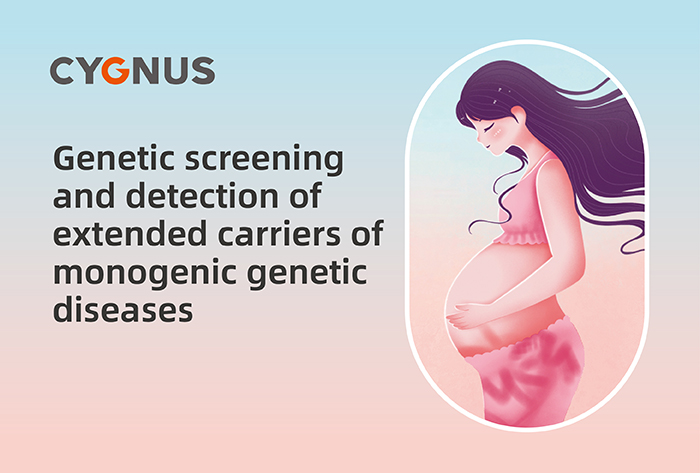
The Expanded Carrier Screening Test for Monogenic Genetic Diseases detects genetic loci in both parents during the preconception or early pregnancy period. It identifies carriers of pathogenic variants for genetic diseases among couples with normal phenotypes and predicts the potential risk of having children with genetic diseases
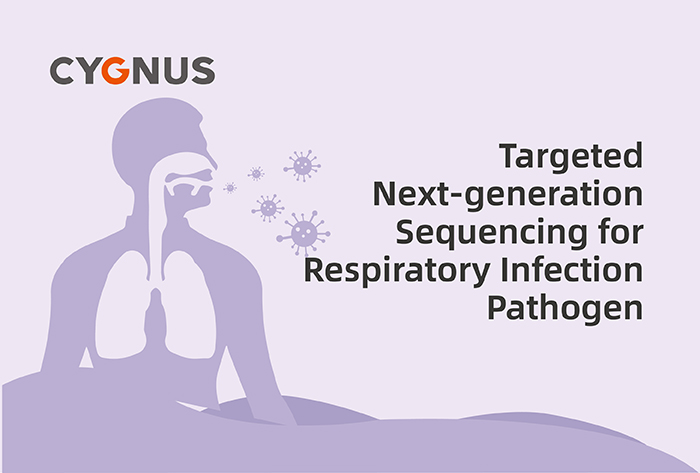
tNGS, also referred to as targeted next-generation sequencing , is an advanced sequencing technology that utilizes targeted capture. This approach involves enriching the genome of specific pathogenic microbes through multiplex PCR before sequencing. Subsequently, high throughput sequencing is performed, and the obtained data are compared with a reference database to determine the presence of pathogenic microbial species within the sample. Due to its practicality and efficiency, tNGS is increasingly used in clinical diagnostics.
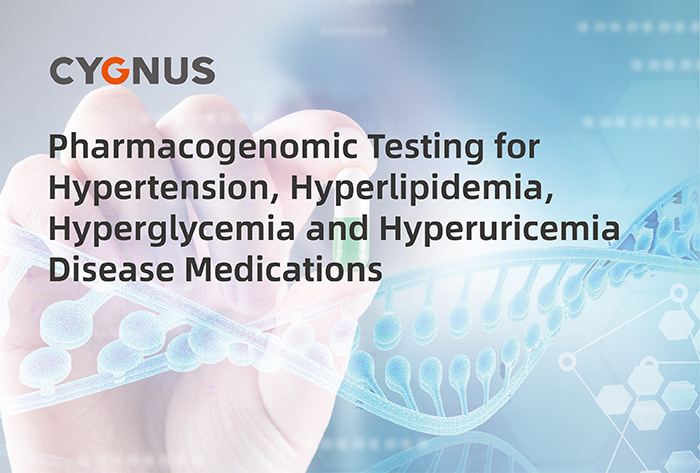
Pharmacogenomic Testing for Hypertension, Hyperlipidemia, Hyperglycemia and Hyperuricemia Disease Medications, by detecting and analyzing the polymorphism of 57 genes related to 70 commonly used drugs for hypertension, hyperlipidemia, hyperglycemia and hyperuricemia, helps clinical drug use beyond the traditional framework of trial, observation and adjustment, guiding individualized medication in clinical practice, improving drug efficacy, helps determine appropriate dosage and reduces adverse drug reactions.
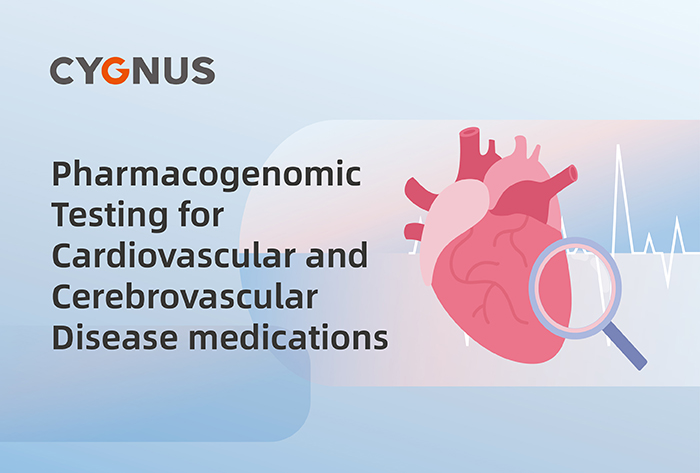
Pharmacogenomic Testing for Cardiovascular and Cerebrovascular Disease medications, by detecting and analyzing the polymorphism of 55 genes related to 67 commonly used clinical drugs for cardiovascular and cerebrovascular diseases, can guide clinical practice in choosing appropriate medications for specific patients, enabling personalized treatment. This will enhance the effectiveness and safety of medication and reduce the risk of serious adverse drug reactions.
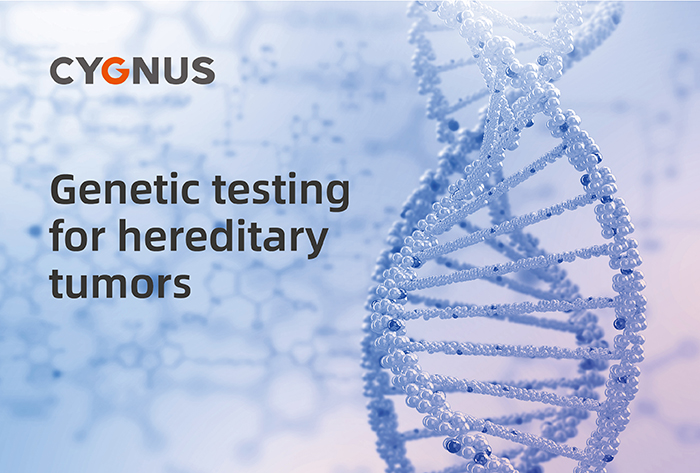
Genetic testing for hereditary tumors includes 90 genes related to 25 types of hereditary tumors reported in authoritative guidelines, databases and literature research (For men: 90 genes for 23 hereditary tumors; For women: 85 genes for 24 hereditary tumors), and determines the pathogenicity of the detected variations according to the guidelines of the American College of Medical Genetics and Genomics (ACMG). Ultimately, it helps in the risk assessment of hereditary tumors and promotes the early screening, diagnosis and treatment of tumors.

At present, there are over 10,000 single gene genetic diseases in humans, affecting approximately one percent of the global population. The amount of human genome data is very large, but exon regions constitute only 2% of it, and 85% of genetic diseases occur in exon regions. Therefore, under economic constraints, focusing on detecting exons is an effective approach to identifying the causes of genetic diseases.
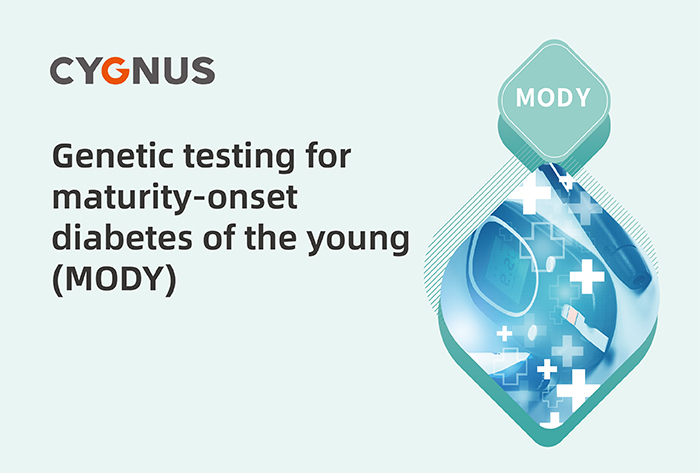
Genetic testing for maturity-onset diabetes of the young (MODY) detects variants in 12 genes associated with MODY. It helps clinicians distinguish MODY from other types of diabetes, enabling accurate and timely diagnosis, reducing medical costs, and providing patients with appropriate treatment and medication plans. Additionally, asymptomatic family members of patients can receive early risk alerts, enabling regular monitoring and proper intervention.